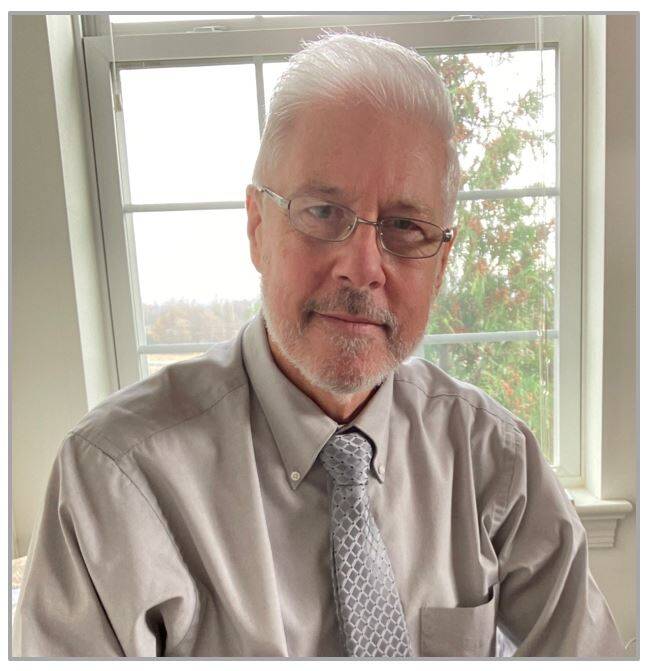BRIEF BIOGRAPHY OF DON K. PHILPOT



POST-SECONDARY EDUCATION
At ages 33 and 39 respectively I earned bachelor's degrees in Native Studies and Teacher Education from the University of Manitoba.
My bachelor's degree in Native Studies was an interdisciplinary degree which focused on the experiences of North American Indigenous peoples in historical and contemporary contexts and required course work in the fields of anthropology, history, sociology, and education. Many of the professors who mentored me while I completed this degree were international leaders in their fields―Dr. Emma LaRocque, contemporary perspectives on Native peoples; Dr. Freda Ahenakew and Dr. Christopher Wolfart, Cree language; and Dr. John Young, multicultural education; and others.
I completed my second bachelor's degree in early childhood education in 1997-1999, having already taught in schools by special letter of permission and having tutored diverse populations of students for 15-20 years. The early years program at the University of Manitoba focused on students in grades K-5 and was distinct from the other two teacher education program which focused on middle (grades 6-8) and secondary grades (grades 9-12). I was one of five male graduates in the early childhood program that year and was awarded the university’s gold medal for academic achievement.
At 45 and 50 respectively, I earned two graduate degrees from the University of British Columbia, a master’s degree in literacy education and a doctorate in language and literacy education.
The department from which I earned these degrees, the Department of Language and Literacy Education, was then and continues to be the premier department in Canada for language and literacy education. I had not planned to complete consecutive graduate degrees when I applied for admission to the master’s program at the University of British Columbia. I simply wanted to enhance my understandings about reading instruction and children’s literature, and to continue teaching children.
Halfway through my doctoral program, though, in 2008, I began to rethink my plans and consider teaching adults, reasoning that adults, as much as children, could benefit from my perspective on teaching reading and writing, a perspective shaped by unusual personal and professional experiences.
NORTHERN EXPERIENCES
I grew up in Winnipeg, attended suburban elementary and secondary schools, enrolled at the University of Winnipeg, and suddenly at 19 found myself living hundreds of miles from a home on a reserve in northern Manitoba with a large Cree family.
I had met this family in the summer, working on the reserve, and accepted the parent’s invitation to live with them, to travel with the father who made a living by fishing, hunting, and trapping, to help around the house, and to speak to their children and grandchildren in English.
This family lived very differently from my own family, and I was eager to learn everything I could from anyone who would let me share their experiences with them. People were kind to me, let me tag along, and shared their experiences with me generously.
I learned traditional ways of fishing with lines and nets, hunting large and small game, gathering and processing wild food, tanning hides, and making clothes for myself and others (e.g., moccasins, mukluks, mitts, jackets, hats).
I learned to speak Swampy Cree, read and write Cree, sing Cree songs, and dance as people liked to dance on the reserve. I spent a lot of time with old people, listening to their stories and learning from them. I lived with this family for ten years, am regarded as a son and sibling, and have returned to the reserve each summer for the past thirty years.
TEACHING EXPERIENCES
Over the past 35 years, as a faculty member in rural and urban, private and public schools, in private practice, and as a literacy researcher I have taught diverse groups of students in grades K-8.
My students have belonged to majority and minority groups, have been part of regular or special academic or social programs, have been academically gifted, have spoken English as a first, second, or third language, and have come from high-, middle-, and low-income households.
As a high school student I tutored disadvantaged middle school students in reading and math and provided extracurricular learning support for deaf children. I have long been involved in deaf and Indigenous education, have taught sign language to young hearing and deaf children, and taught spoken and written Cree to Cree and non-Cree speakers.
I have provided sustained individual learning support and developed original learning materials for students in all grades. Most recently I taught second and fourth grade at a university preparatory school in Vancouver, where for two consecutive years I organized a kids’ writing conference which was attended by middle grade students from cities across the lower mainland. I have also been actively involved with fifth and sixth graders who participated in my research studies.
CULTURAL IDENTIFICATION
I was not born Cree but nevertheless, because of my transformative experiences living among the Cree for the first ten years of my adult life, I strongly identify as Cree.
Increasingly as my Cree family and friends age; as they seek to preserve their cultural traditions and transmit these traditions to their children and grandchildren; as they continue to speak and write to me in Cree and urge me to share my experiences and perspective; and as so many of friends and family members die―my identification as Cree becomes more important to me, more pressing and enveloping.
Before moving to Shippensburg in 2011, I was reluctant to identify myself publicly as Cree. My identification as Cree and many of my Cree-related experiences over the years, even when explained, have puzzled people and been devalued.
My Cree mother, who lived to be 96, and my birth mother, who lived to be 86, both advised me strongly before they died to be myself, to identify as Cree rather than avoiding this identification, and to share my experiences generously with new friends, colleagues, and students; and increasingly I have done so.
Over the past two years at Shippensburg University, many of my students and particularly those in my developmental reading courses, have shown considerable interest in my identification as Cree and the Cree-related experiences I have shared with them.



Create Your Own Website With Webador